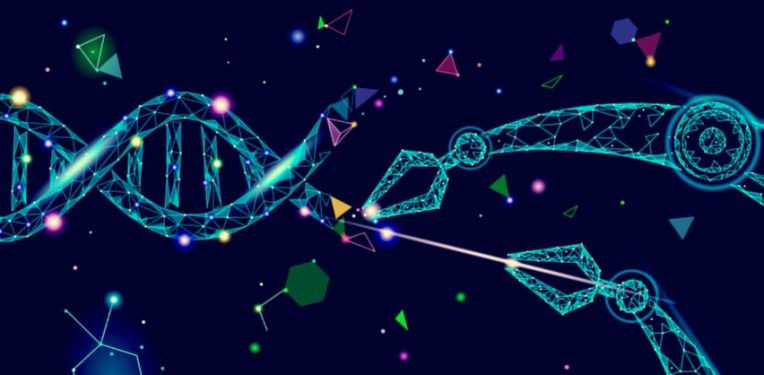The Search for Perfection through Designer Babies
- Purnima Chopra

- Sep 28, 2020
- 3 min read
Is it possible to create a perfect human being? With gene modification, altering traits can allow people to select specific characteristics which they desire for their offspring. Gene modification is manipulation of genes that has been studied for a variety of reasons-- one being, designer babies. Designer babies have picked up momentum over the past few years due to its moral and ethical questions. The science behind designer babies is to pick the best traits such as height and intelligence to create the most optimal human being.
Research studies have been going on regarding designer babies to determine the plausibility of altering genes to this extent. There is a great amount of uncertainty surrounding the possibility of creating a designer baby. Since there can be different factors that can affect the child's development there is no guarantee that using gene modification will allow a parent to hand pick the specific traits that they desire for their off-spring. Environmental factors, nutrition and upbringing can have a huge impact on whether the traits selected will be successful.
Parents who have been interested in designer babies usually have to go through a process called preimplantation genetic testing, or PGT, a process in which clinicians can determine which embryos, through the in vitro fertilization process, have the best combination of the parents' sex sells. The embryo can then be implanted into the parent's uterus. When PGT is performed it can be determined if the DNA has any genetic variations which can cause conditions such as Tay-Sachs, cystic fibrosis or any other diseases which can be deemed life threatening. The reason that it is easy to identify these diseases in the DNA is because it is only affected by one gene. With diseases like diabetes or heart disease it can be linked to hundreds or thousands of genes, in the same way like height and intelligence.

Shai Carmi is a researcher at The Hebrew University of Jerusalem who studies statistical and population genetics. Carmi and other members of this research study used genetic data, computer models and a collection of real world data to evaluate the plausibility of using PGT to preselect specific characteristics. The science to determine whether or not it is possible to create a designer baby is not completely available. There are a variety of factors which can ascertain this as a possibility. According to the research done by Carmi and his team the results have shown that even when selecting the best embryo for height, the enhancing gene may only allow for a 1.2 inch increase in height.
Embryos are also not very different from each other. The genetic data from both parents will likely produce very similar outcomes. Another factor can be age. Once the mother reaches the age of 35 only a few viable embryos may be produced and the chances of abnormalities increase with age as well. The risks of creating a designer baby outweighs the positives that may happen. PGT is often used to detect abnormalities and using it for desirable characteristics is an ethical dilemma.
Is this the greatest human fallacy or the most extraordinary achievement yet? Based on research and case studies, designer babies are not in. The procedure to procure the perfect offspring is simply preposterous. The technologies created to modify genes in embryos should be used to screen for any abnormalities which can lead to problems in the future. The aspect of producing a designer baby sounds appealing to many but the scientific and ethical implications that follow are hard to ignore. With new technologies and research that emerge, there is a great sense of responsibility which follows. For the future, as science further progresses the main goal is to regard the welfare and integrity of all humans.

Purnima Chopra
References:
Lanese, Nicoletta. “'Designer Baby' Technology to Make Smarter, Taller Kids Doesn't Work Yet.” LiveScience, Purch, 21 Nov. 2019, www.livescience.com/designer-babies-far-from-reality.html.
Pang, Ronald, and P. C. Ho. “Designer Babies.” ScienceDirect, 1 Feb. 2016, www.sciencedirect.com/science/article/pii/S1751721415300063.
Thompson, Helen. “Why Screening DNA for ‘Designer Babies’ Probably Won’t Work.” Science News, 3 Aug. 2020, www.sciencenews.org/article/why-screening-dna-designer-babies-probably-will-not-work.




Comments